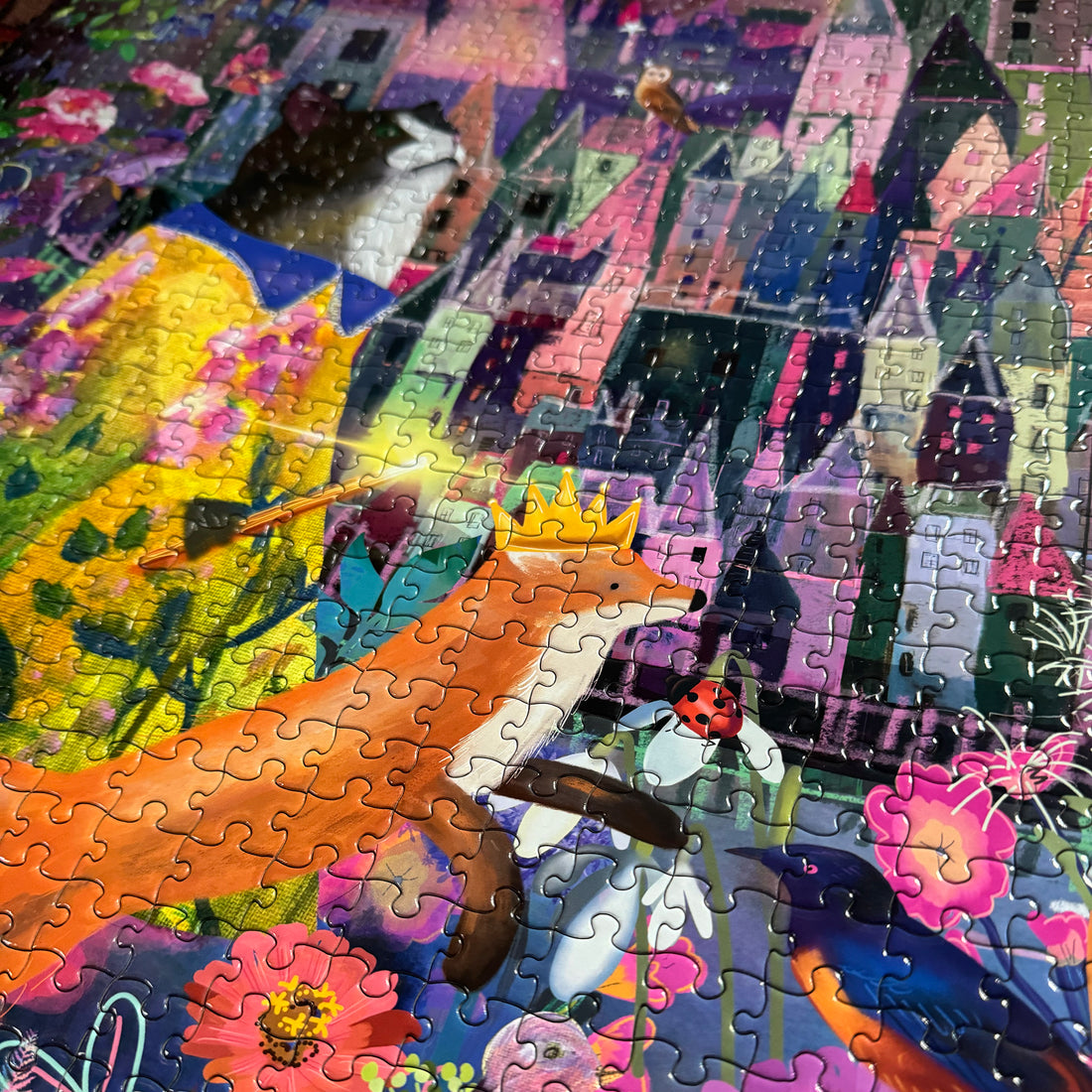Jigsaw puzzles engage the mind in several ways:
-
Visual Perception: Assembling a jigsaw puzzle requires visual perception skills to identify shapes, colors, and patterns. Your brain must process and interpret visual information to determine where each piece fits within the puzzle.
-
Spatial Awareness: Figuring out where each puzzle piece fits involves spatial awareness. You need to mentally rotate pieces, understand their orientation, and judge their position relative to other pieces and the puzzle as a whole.
-
Problem-Solving: Jigsaw puzzles present a problem-solving challenge. You need to develop strategies for sorting pieces, identifying patterns, and gradually assembling the puzzle. This engages cognitive processes related to planning, decision-making, and problem-solving.
-
Memory and Attention: Completing a jigsaw puzzle requires memory and attention to detail. You need to remember the shapes and colors of pieces you've already tried, as well as the overall image you're working towards. Maintaining focus and attention over an extended period is crucial for success.
-
Fine Motor Skills: Handling and manipulating puzzle pieces requires fine motor skills. Fitting pieces together, flipping them over, and making precise adjustments all involve coordination between your brain and your hands.
-
Patience and Persistence: Jigsaw puzzles can be challenging and time-consuming to complete. They require patience and persistence to tackle complex sections and work through setbacks. This aspect of puzzle-solving builds resilience and perseverance.
Overall, jigsaw puzzles provide a comprehensive mental workout, engaging multiple cognitive skills simultaneously. They offer a rewarding and enjoyable way to challenge your mind and improve cognitive abilities.









